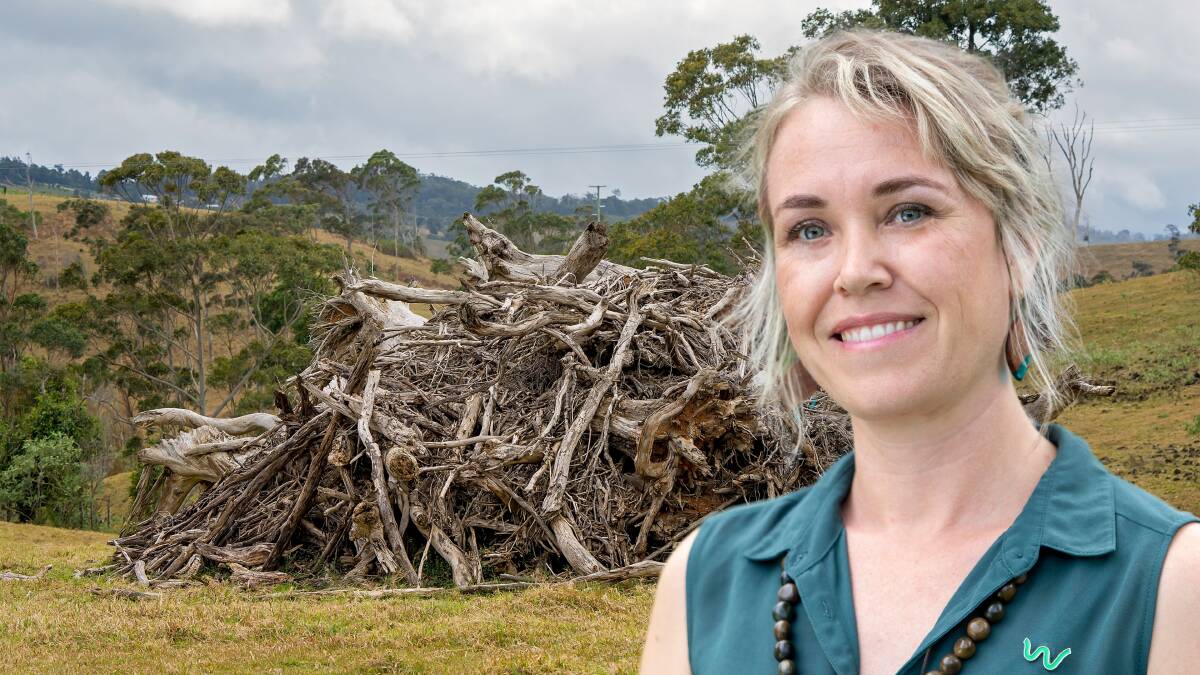
On the same day that the state of Victoria announced native forest logging would end within a year, the Northern Territory government officially rolled out the red carpet to large-scale cotton irrigators and beef producers, to expand land clearing and deforestation across 100,000 hectares.
Subscribe now for unlimited access.
or signup to continue reading
This plan is earmarked for one of the last remaining untouched tropical savannas in the world, home to a myriad of sacred cultural sites.
This glaringly out-of-step announcement ignores community concerns and comes mere weeks after the NT government officially gave the green light to gas-fracking companies to begin production, after lifting the moratorium on gas fracking in the NT's Beetaloo Basin - a decision that will have compound impacts on water flows across the Katherine bioregion, and free-flowing rivers like the Roper.
The NT agribusiness strategy contradicts itself seeking opportunities for carbon credits and emissions reductions, while rapidly expanding land clearing, without any proper environmental regulation or oversight. In fact, according to data issued by the Environment Centre of the Northern Territory, land clearing approvals in the NT rose by 300 per cent in the three years between 2019 and 2022. This alarming statistic was recently featured on 7.30 in an investigation highlighting repeated instances of alleged unlawful land clearing in the Northern Territory.
All the while there is global momentum building for deforestation-free products. This month, the EU formally adopted a groundbreaking law to ban products linked to deforestation from entering its market. This means the NT producers would need to avoid those markets if they are planning on profiting from commodities tainted by deforestation within their supply chains. It also serves as clear insight into the deforestation-free future of doing business internationally.
At the same time as the federal Labor government is looking to enact new laws to end large-scale land clearing, the EU is limiting its own deforestation footprint and Victoria is ending native forest logging, the NT government is driving a bulldozer in the other direction.
On one hand, this is an urgent reminder of why we need new national nature laws that will actually protect threatened species across the Top End like the Gouldian finch and the northern quoll, and build trust and integrity in our environmental enforcement systems. But the responsibility doesn't rest with the federal government alone.
The NT is the only jurisdiction in the country that does not have laws to protect native vegetation, lacks any biodiversity strategy, and has never published State of the Environment reporting - to transparently track trends of the health of our environment, including climate impacts. This is a striking example of how weak environment laws and community rights in the NT really are.
The Wilderness Society in collaboration with the Environmental Defender's office recently published a community rights scorecard, which exposed the NT as having the weakest community rights in environmental decision-making nationwide. What better proof is there that environmental decision making is weighted in the favour of proponents and corporations who are profiting off the destruction of nature and cultural sites?
Every Australian expects transparency, accountability and integrity in decisions made about nature, but right now this isn't happening.
In Canberra, all eyes are now on federal Environment Minister Tanya Plibersek to deliver on her bold statements to end extinction, and introduce new laws to replace the EPBC Act - with an EPA and strong standards - that include all industries and apply to all jurisdictions.
We can't afford another 20 years of bulldozers driving the extinction crisis, unregulated across our nation's globally significant cultural landscapes. The time to act is now.
- Jenita Enevoldsen is a senior campaigner for The Wilderness Society.

